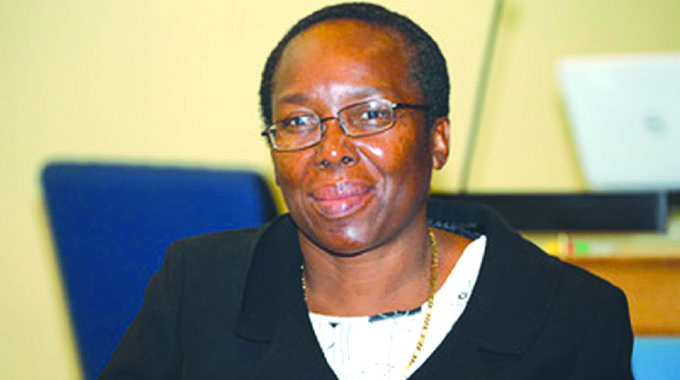Source: ‘Religious, cultural norms drive child marriages’ | The Herald
Yeukai Karengezeka Herald Correspondent
Religious and cultural norms are key drivers of child marriages, the Zimbabwe Gender Commission has found in its latest preliminary report of the national inquiry into sexual exploitation and abuse of young girls and into child marriages.
The inquiry was conducted between May and August this year, with the final report set to be published soon.
Commission chairperson, Commissioner Margaret Mukahanana-Sangarwe, recently said although the inquiry established many drivers of child marriages across the country, the most affected by this form of abuse were people with disabilities.
“The inquiry established that there are common and general drivers of child marriages and exploitation across the country’s 10 provinces,” she said.
“These included religious norms which undervalue girls, particularly those with disabilities, virginity issues, other myths against girls with disabilities, poverty, lack of school fees and sanitary wear, effects of Covid-19 lockdowns, peer and parental pressure, unequal gender and power dynamics, sexual abuse, and the abolition of corporal punishment.”
At least 240 members of the public attended the public hearings.
According to the statistics of 283 identified child marriage survivors, there were closed hearings with 66 selected survivors, 99 interviews with key informants, and 72 video documentary interviews with survivors.
Comm Mukahanana-Sangarwe said the inquiry revealed that there were systematic barriers faced by survivors, especially those with disabilities, in accessing justice and social protection.
These challenges included travelling long distances to courts, lack of sign language interpreters, lack of safe shelters, discrimination by community and service providers, and being hidden from the public by relatives.
In Harare metropolitan province, hotspot areas for sexual exploitation of children and child prostitution are Hopley and Epworth districts.
Chiredzi district is a hotspot for child marriages, especially Wards 3, 7, 10, 11, 13 and 15.
The district is known for practicing “khomba” initiation ceremonies that prepare girls as young as 12 for marriage.
In Midlands province, Gweru Rural District wards 3, 4, 6, 7 and 8 are the hotspots due to illegal gold panning taking place there.
The circumstances of abuse are also similar in Mashonaland West, Hurungwe and Shamva districts due to gold panners and fishmongers who stay in fishing camps.
Newer Post
‘Pests can cause huge economic losses’ Older Post
Zimra goes after buses smuggling goods 
COMMENTS